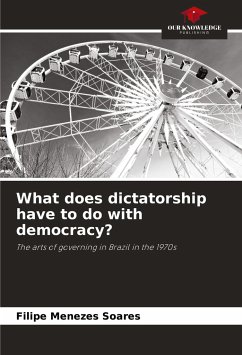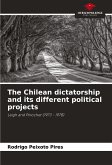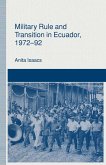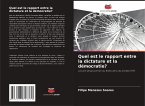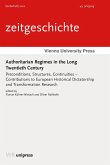With the pronouncements of Emílio Garrastazu Médici, collected and published by the National Press Department, I propose in this book an analysis committed to studies of Brazilian governmentality in the 1970s. By bringing together the contributions of historiography that attest to the important civilian participation in the military dictatorship, I intend to expose some of the techniques of government used by the authoritarian regime that took over the country for more than twenty years - this is the focus. As the title suggests, the attempt to bring together regimes of government that are supposedly so different is part of the conclusion of this book, written in a free and essayistic tone. To this end, I make a comparison between democracy and dictatorship, in which I point out some political mechanisms in contemporary Brazil that are close to some of the strategies used in the post-64 regime. The importance of the narrative lies in the potential of its denunciation. Through it we can visualise that beyond the political regime that shapes it, the contemporary Brazilian state has become a machinery for maintaining privileges and exercising oppression.
Bitte wählen Sie Ihr Anliegen aus.
Rechnungen
Retourenschein anfordern
Bestellstatus
Storno

